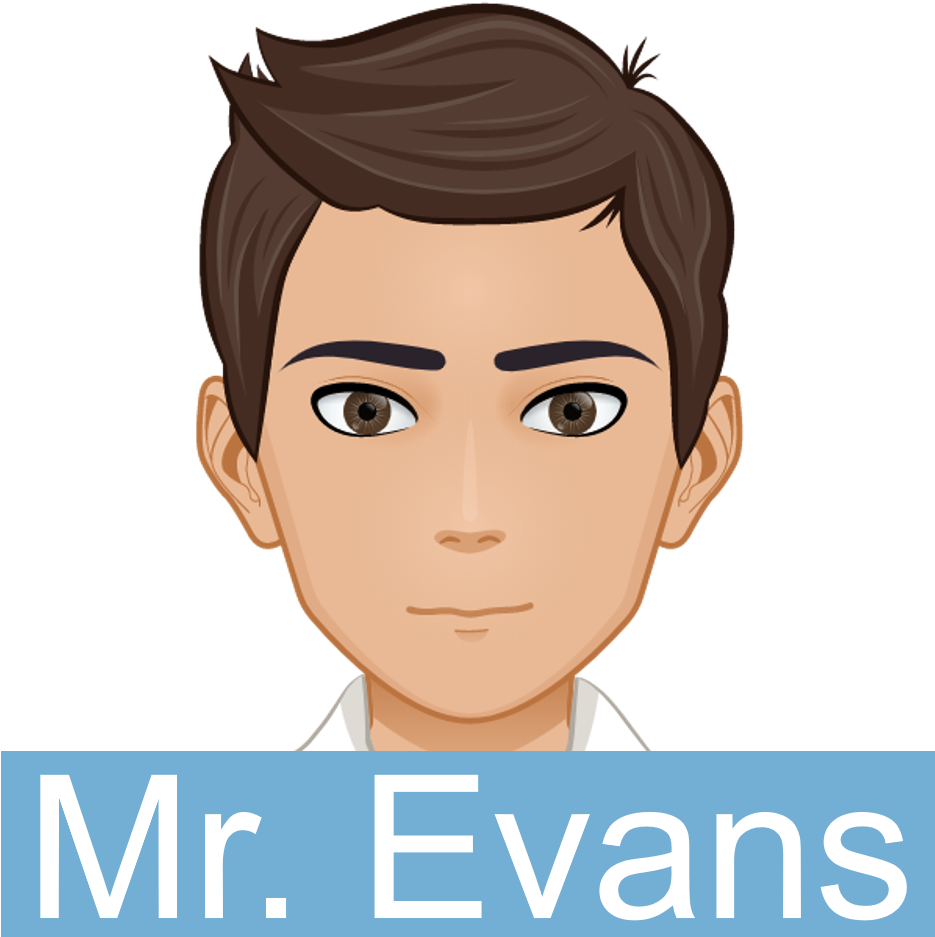READING ALOUD
Let’s read the dialogue. I will be Mr. Evans and you will be Mr. Newton. After reading it once, we’ll switch roles.
会話文を読みましょう。講師がMr. Evans、あなたはMr. Newtonのパートを読みます。読み終わったら交代しましょう。
会話文を読みましょう。講師がMr. Evans、あなたはMr. Newtonのパートを読みます。読み終わったら交代しましょう。
READ
Few days after the team meeting, Mr. Evans wants to talk to Mr. Newton.
 There you are, Mr. Newton. If you don’t mind, I would like to speak with you. |
Of course, sir. What would you like us to talk about? |
 The team and I noticed the quality of your work is becoming a problem. We have to delay the production process whenever your research is incomplete since it is based on the findings of your research. |
I’m very sorry for my actions. There are just some tasks that are still difficult to do aside from doing my research. I know it’s easier said than done but don’t worry. I will do my research better next time to avoid giving bad work quality. |
 That’s understandable. By the way, Mr. Wilson has been doing some parts of your research already to avoid more delays. As much as possible, we want to avoid conflicts such as handling double tasks and delaying in medicine production and selling. |
Okay, sir. Next time, I will ask for help if I have trouble doing other tasks. This won’t happen again. Thank you for telling me, Mr. Evans. |
VOCABULARY CHECK
Let’s read the meaning and examples of each word aloud. Please repeat after me.
単語の意味と例文を読みましょう。講師にあとに続いて読んでください。
単語の意味と例文を読みましょう。講師にあとに続いて読んでください。
ANSWER
| 1. Word: Meaning: Example: |
conflict (noun:名詞) 対立 a concern/problem/issue between two or more people The Sales Department is having a meeting to solve a conflict before it’s too late. |
| 2.Word: Meaning: Example: |
easier said than done (idiom:熟語) 口で言うほどやさしくはない looks like a good idea but is difficult to do/achieve He thought that planning to solve the conflict is easier said than done. |
| 3. Word: Meaning: Example: |
quality (noun:名詞) 品質 how good or bad something/someone is Mr. Evans wants Mr. Newton to improve the quality of his research. |
CONVERSATION
Let’s talk. Please answer my questions. You may ask me questions, too.
講師の質問に答えましょう。講師にも同じ質問をしましょう。
講師の質問に答えましょう。講師にも同じ質問をしましょう。
ANSWER
| 1. | Are you happy after solving a conflict? Why or why not? |
| Answer: | ________________ |
| 2. | How do you handle conflicts at work/school? |
| Answer: | ________________ |
| 3. | Do you think it’s possible not to have any conflicts at work/school? Why or why not? |
| Answer: | ________________ |
| 4. | Do you solve/fix conflicts immediately or do you need a longer time to solve/fix it? |
| Answer: | ________________ |
| 5. | What is/are the most common conflicts at work/school? |
| Answer: | ________________ |
| 6. | How often do you experience conflicts at work/school? |
| Answer: | ________________ |
| 7. | What would you like to do after solving/fixing a conflict? (Ex.: Eat, sleep, go somewhere, etc.) |
| Answer: | ________________ |
| 8. | Do you help others in solving their problems or do you let them solve/fix it on their own? |
| Answer: | ________________ |
| 9. | What was the latest conflict you experienced at work/school? How did you solved/fixed it? |
| Answer: | ________________ |
| 10. | Are you good in solving conflicts at work/school? |
| Answer: | ________________ |